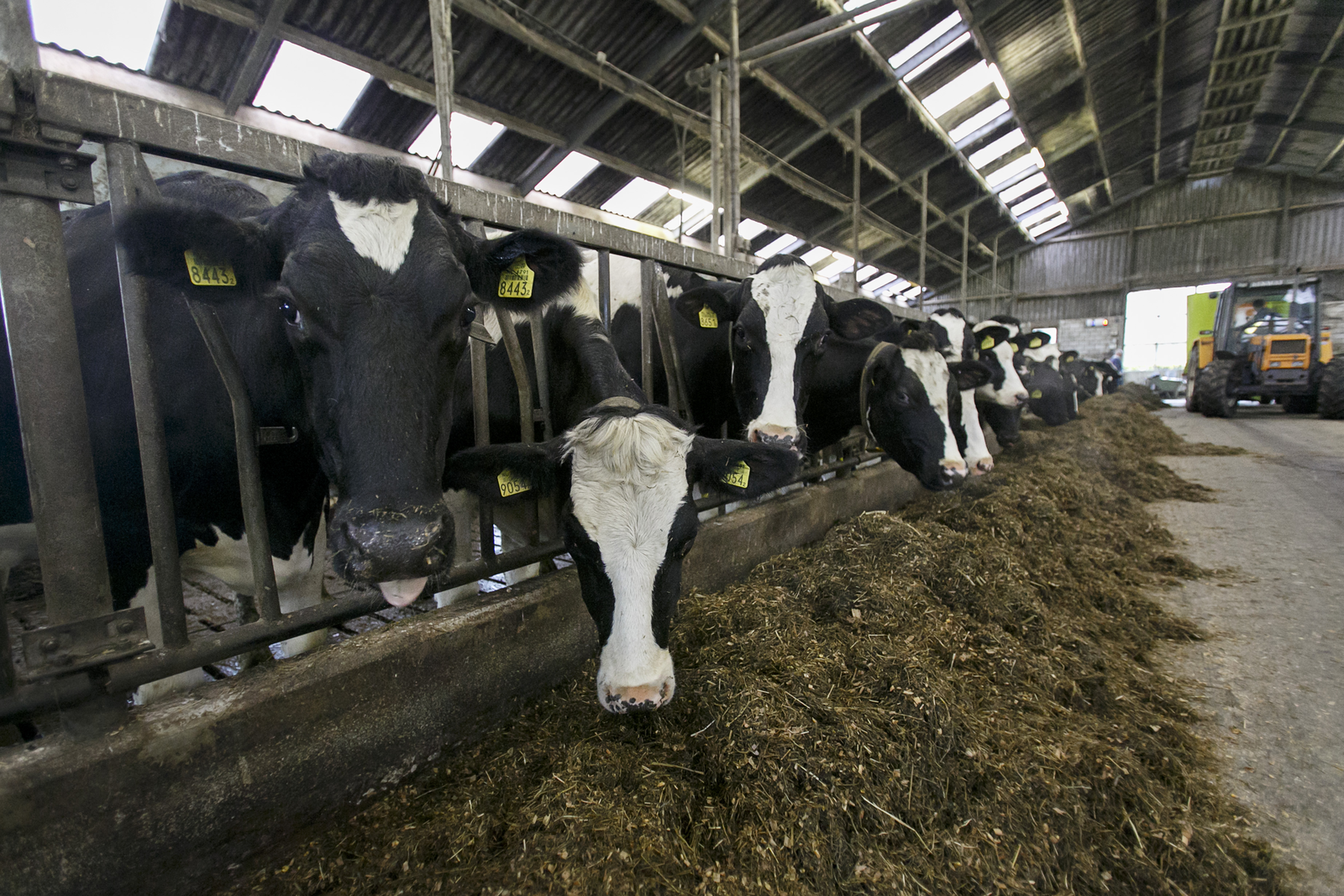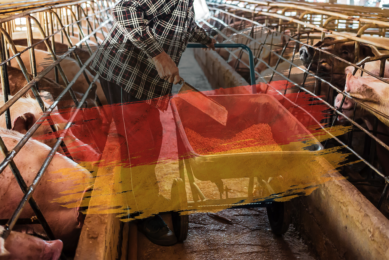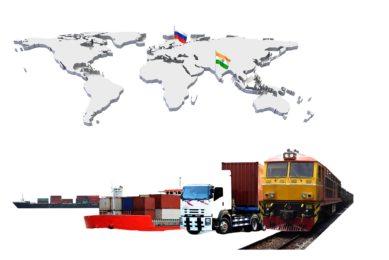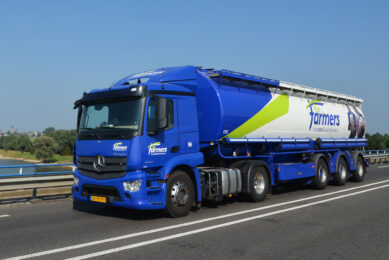Chinese feed industry faces economic challenges

Rising wages and an unstable raw materials market are the two economic factors that make up the biggest challenges for Chinese feed companies. Feed companies therefore keep a close eye on economic trends and look out for tools that can support their business objectives.
According to the ILO Global Wage Report 2014-2015, which shows developments in wages over the past years, wages are hardly rising any more worldwide. However, they are rising in China, and there is even a marked increase in real wages. China is one of the emerging countries where increasing numbers of workers are earning their household income through wages and not from other sources.
Wages in Chinese feed sector virtually doubled
“This is a natural development which fits into an environment where the government is aiming to replace export-driven growth by consumer-driven growth. An additional phenomenon is the ‘war for talent’. In other words, companies which want to attract talented and driven young people must pay better wages. The situation is no different in the feed industry. Specifically, wages in the Chinese feed sector have virtually doubled over the past five years, clearly pointing to professionalisation within the industry,” says Belgian developer of software for the feed industry Adifo.
Growing demand for feed raw materials
“Another big challenge for feed producers is growing demand for raw materials, which is exerting increasing pressure on raw materials market. The upshot is increasing and strongly fluctuating prices. For this reason, it is of the utmost importance that animal feed companies take well-founded purchasing decisions in the short and long term,” states Adifo.
Increasing efficiency and minimising costs for feed recipes
Adifo develops and supports a range of industry-specific strategic software tools for feed formulation, recipe management, quality data management, ration calculations, cloud services and ERP. “Adifo’s Bestmix products offer nutritionists the ideal application for increasing efficiency and minimising costs. With user-friendly Bestmix software, nutritional values, production parameters and recipe specifications can be easily and accurately managed. This enables businesses to react immediately to sudden fluctuations in raw materials prices, ingredient stocks and purchasing positions. This results in optimum recipes that can be translated straight into off-the-shelf products. In addition, any change can also be automatically synchronised with labelling and safety data. Bestmix is used by more than 500 businesses worldwide.”
Chinese companies now also have direct access to Bestmix formulation software via the Adifo office in Beijing, where the Chinese team provides sales and support services for Bestmix with assistance from colleagues/sector specialists in Europe.
According to Adifo, Bestmix offers five advantages:
- Data centralisation. By no longer viewing recipe management and optimisation per production site, and instead including all data from the entire company in one single database, it is possible to better anticipate changes in raw materials availability on the one hand and in sales markets for end products on the other. This means that changes in e.g. raw materials quality or prices, which are centrally implemented, are made available a lot faster and in real time to local factories. With this approach, the composition and price of feeds is always optimal.
- With the “MultiPlant – MultiPeriod” optimisation software, Adifo is the only player in the market to offer a tool for optimising raw materials allocation, both geographically and over time. In this way, animal feed companies make optimum use of scarce resources, yet without losing sight of economic aspects.
- One of the basic elements of formulation software is raw materials quality. Working with correct, up-to-date data results in better feed, higher reliability and a cheaper solution. By linking your Bestmix optimisation software to Bestmix LIMS Quality management, you can be confident that your quality management and your optimisation software are linked together in real time so that your calculations can be carried out with the greatest accuracy.
- There are limitations/preconditions in the production process for certain raw materials which need to be taken into account. Two examples of this are the sensitivity of the scales and the use of bagged goods. By using integer optimisation, you can already include these limitations in the optimisation process instead of “manually” correcting for them in the post-processing stage. In this way you can be sure that the composition you calculate satisfies all specifications, at the lowest price, and is perfectly reproducible at the factory without any additional manual adaptation whatsoever, which always has a negative influence on the price or the quality of the feed.
- Moisture is lost during the animal feed production process. If you do not take account of this moisture loss, then you supply feed of a better quality than set and at a higher price than indicated by the optimisation. By taking account of this dehydration with Bestmix, you can save up to 0.5% on your raw materials costs and supply the quality you promised.











